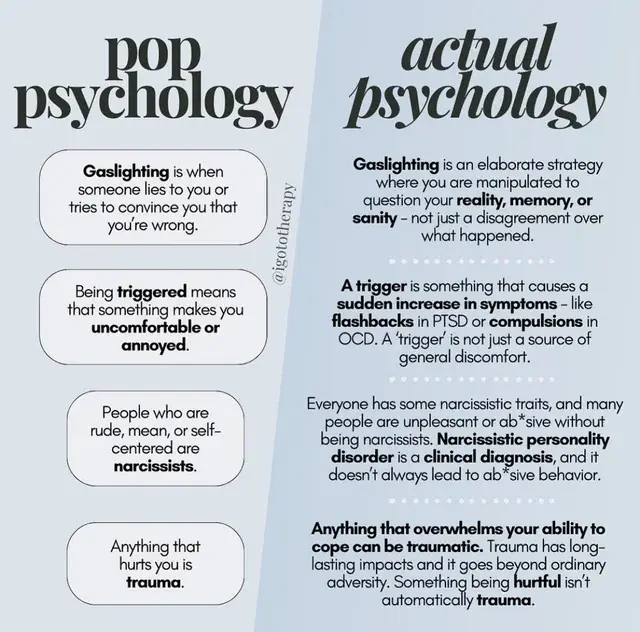Cool Guides
Rules for Posting Guides on Our Community
1. Defining a Guide Guides are comprehensive reference materials, how-tos, or comparison tables. A guide must be well-organized both in content and layout. Information should be easily accessible without unnecessary navigation. Guides can include flowcharts, step-by-step instructions, or visual references that compare different elements side by side.
2. Infographic Guidelines Infographics are permitted if they are educational and informative. They should aim to convey complex information visually and clearly. However, infographics that primarily serve as visual essays without structured guidance will be subject to removal.
3. Grey Area Moderators may use discretion when deciding to remove posts. If in doubt, message us or use downvotes for content you find inappropriate.
4. Source Attribution If you know the original source of a guide, share it in the comments to credit the creators.
5. Diverse Content To keep our community engaging, avoid saturating the feed with similar topics. Excessive posts on a single topic may be moderated to maintain diversity.
6. Verify in Comments Always check the comments for additional insights or corrections. Moderators rely on community expertise for accuracy.
Community Guidelines
-
Direct Image Links Only Only direct links to .png, .jpg, and .jpeg image formats are permitted.
-
Educational Infographics Only Infographics must aim to educate and inform with structured content. Purely narrative or non-informative infographics may be removed.
-
Serious Guides Only Nonserious or comedy-based guides will be removed.
-
No Harmful Content Guides promoting dangerous or harmful activities/materials will be removed. This includes content intended to cause harm to others.
By following these rules, we can maintain a diverse and informative community. If you have any questions or concerns, feel free to reach out to the moderators. Thank you for contributing responsibly!
view the rest of the comments

I agree with the other three, but this is wrong about “narcissists”. “Narcissistic Personality Disorder” is a diagnosis, but calling someone a “narcissist” isn’t. That’s just a description of someone’s personality. It’s much older than the diagnosis, going back to the Greek myth of Narcissus. The diagnosis doesn’t get to co-opt the much older usage.
You're not speaking ancient Greek, mate, you're speaking English, and your use is informed by the history of the English language. The use of Nar******t in pop culture is largely informed by Christopher Lach's 1979 book The Culture Of Narcissism, which made the argument that contemporary American culture was normalising clinical NPD. You didn't learn to call people nar******ts by reading ancient Greek myths, and I know that for a fact because the ancient greeks didn't go around using the word. To them, it was just some guy's name. You learned the word from someone who learned the word from someone who learned the word from Lasch's book, and from the ableist books that came after. Your folk etymology explanation that the pop culture use comes directly from Greek is missing a lot of important and relevant intermediate steps.
Brainiac!
LOL love this mic drop